Sodium Gluconate Cas 527-07-1
Chemical Name: Sodium Gluconate
CAS No.: 527-07-1
Molecular Formula: C6H13NaO7
Molecular Weight: 220.15
发送询盘
Description
Sodium Gluconate Details
Chemical Name: Sodium Gluconate
Synonyms: D-Gluconic acid, monosodium salt; Gluconic acid sodium salt
CAS No.: 527-07-1
Molecular Formula: C6H13NaO7
Molecular Weight: 220.15
Molecular?Structure:
Appearance: white crystal
Sodium Gluconate Typical Properties
Melting point
170-175 ??C
Specific rotation
[??]D20 +11??+13?? (c=10, H2O)
Appearance
White to light beige?Crystalline Powder
Solubility
H2O: 0.1?g/mL, clear
PH
7.0-8.0 (100g/l, H2O, 20??)
Sodium Gluconate Usage
1. Sodium gluconate can be used as an efficient chelating agent in construction, textile printing and dyeing, metal surface treatment and water treatment industries, steel surface cleaning agent, glass bottle cleaning agent, electroplating industrial aluminum oxygen coloring, and in the concrete industry as an efficient retarder, high efficiency Water reducing agent, etc.
2. Food Industry
It can replace table salt and is widely used in salt-free soy sauce, bread and other food fields;
It can Improve food flavor: Sodium gluconate has the functions of masking the bitter taste of food, shielding odor, improving taste, etc., and has a significant effect on improving the flavor of food.
Sodium Gluconate Packaging and Shipping
Packing: 25KG/Drum
Sodium Gluconate Storage
Keep container tightly closed in a dry and well-ventilated place. Store in cool place.
| 5 |
|
0 |
| 4 |
|
0 |
| 3 |
|
0 |
| 2 |
|
0 |
| 1 |
|
0 |
- 2
- 2-diallylpent-4-en-1-amine
- 4
- 95-16-9
- Ammonium sulfamate
- Benzothiazole
- cas:67889-00-3ح2
- cas:83524-75-8 | pigment black 32
- cas:928836-00-4 | 2
- cas:932745-70-5 | 4
- Chemical Minerals
- Coconut diethanolamide
- Daily Chemicals
- discount
- for sale
- General pvc resin
- hexyl D-glucoside
- in stock
- Lauramidopropyl betaine
- LAURIC ACID MONOETHANOLAMIDE
- Petroleum Additives
- Plasticiser
- Ploymers
- price
- PVC
- quotation
- Raw Materal
- Remove term: Petroleum Additives Petroleum Additive
- SODIUM ETHYL 2-SULFOLAURATE
Related Products
Chemical Name: Dehydrocholic acid
Synonyms: Acide dehydrocholique; Triketocholanic acid
CAS No.: 81-23-2
Molecular Formula: C24H34O5
Molecular Weight: 402.53
Appearance: Powder
Chemical Name: LACTITOL
CAS No.: 585-86-4
Molecular Fomula: C12H24O11
Molecular weight:?344.31
Appearance:?White crystalline powder
Assay: 98.0%-101.0%
Citric acid is a white, crystalline, weak organic acid present in most plants and many animals as an intermediate in cellular respiration. Citric acid contains three carboxyl groups making it a carboxylic, more specifically a tricarboxylic, acid.the name citrus originates from the Greek kedromelon meaning apple of melon for the fruit citron. Greek works mention kitron, kitrion, or kitreos for citron fruit, which is an oblong fruit several inches long from the scrublike tree Citrus medica. Lemons and limes have high citric acid content, which may account for up to 8% of the fruit’s dry weight.
Chemical Name: Zinc citrate
Synonyms: Zinc citrate trihydrate
CAS No.: 546-46-3
Molecular Formula: C6H8O7Zn
Molecular Weight: 257.5
Appearance: White powder
Chemical Name: 3-Hydroxybutyric acid
CAS No.: 625-71-8
Molecular Formula: C4H8O3
Molecular Weight: 104.1
Appearance: White powder
Common English name: 5-iodo-2,3-dihydropyridazin-3-one
CAS No.: 825633-94-1
Molecular formula: C4H3IN2O
Molecular weight: 221.98
Sample: Available
Chemical Name: Ammonium Iron(II) Sulfate
Synonyms: Diammonium iron bis(sulphate); iron (ii) ammonium sulfate
CAS No.: 10045-89-3
Molecular Formula: FeH5NO4S
Molecular Weight: 170.95
Chemical Name: Quercetin-3-O-sophoroside
CAS No.: 18609-17-1
Molecular Formula: C27H30O17
Molecular Weight: 626.52
Chemical Name: D-PANTOTHENIC ACID
CAS No.: 79-83-4
Molecular Formula: C9H17NO5
Molecular Weight: 219.24
Appearance: Colorless or Light Yellow Oily Liquid
Chemical Name: Disodium Hydrogen Citrate Sesquihydrate
Cas No.: 6132-05-4
Appearance:?White Powder
Assay??99%
Monostearin is a versatile emulsifier and emollient derived from glycerol and stearic acid. It is instrumental in stabilizing emulsions and enhancing the texture and consistency of a wide range of products in the cosmetics, food, and pharmaceutical sectors.
Microcrystalline cellulose is a purified, partially depolymerized cellulose that occurs as a white, odorless, tasteless, crystalline powder composed of porous particles. It is commercially available in different particle sizes and moisture grades that have different properties and applications.
Microcrystalline cellulose and carboxymethylcellulose sodium occurs as a white or off-white odorless and tasteless hygroscopic powder containing 5?C22% sodium carboxymethylcellulose. It is a water-dispersible organic hydrocolloid.

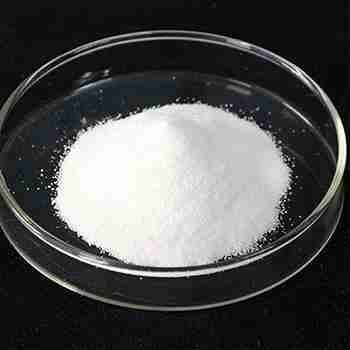


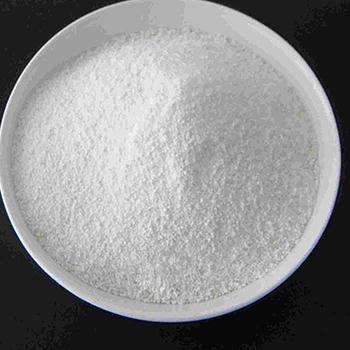
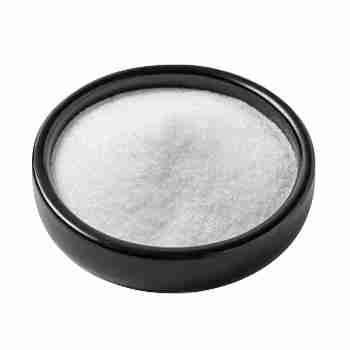
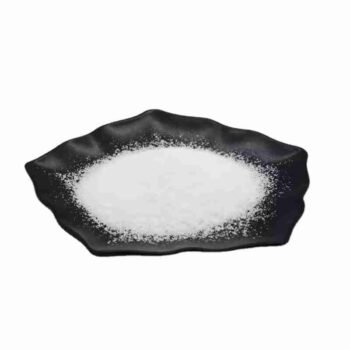
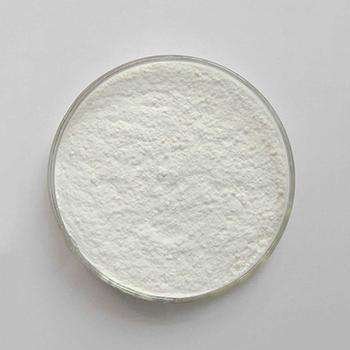
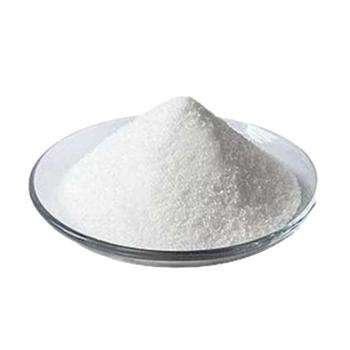
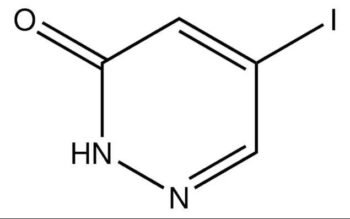
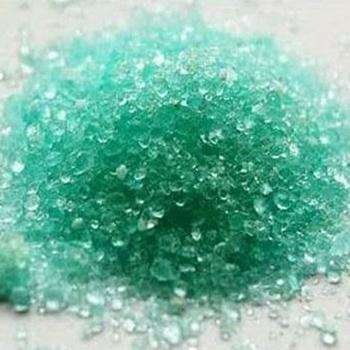
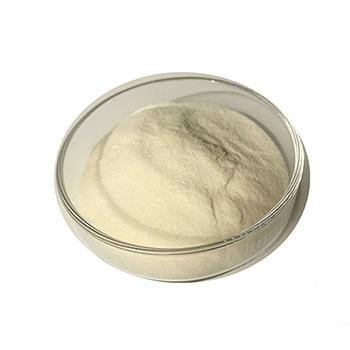
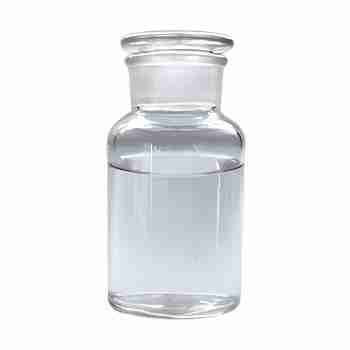
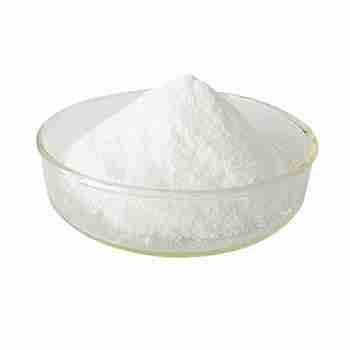


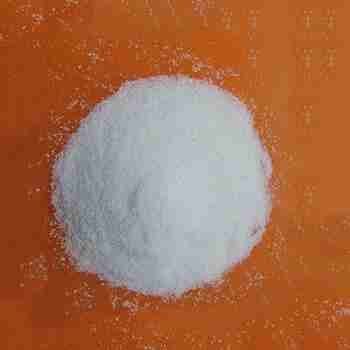
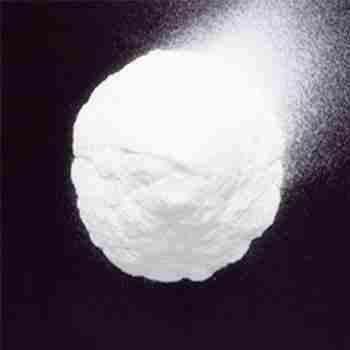
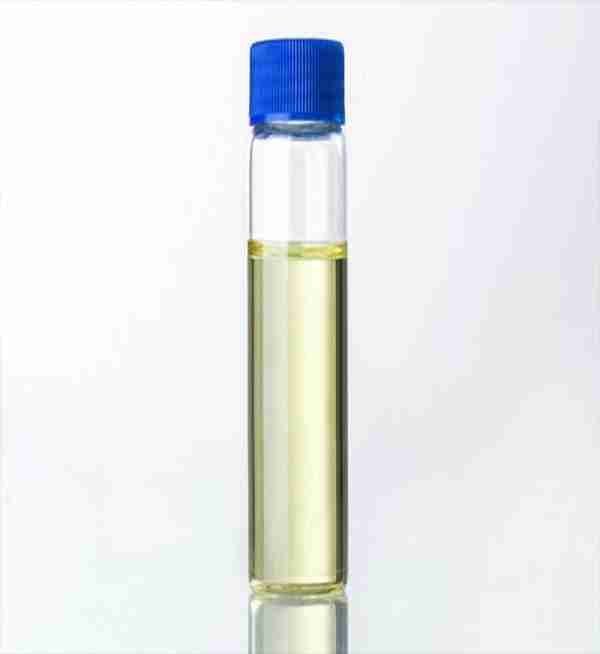
Reviews
There are no reviews yet.